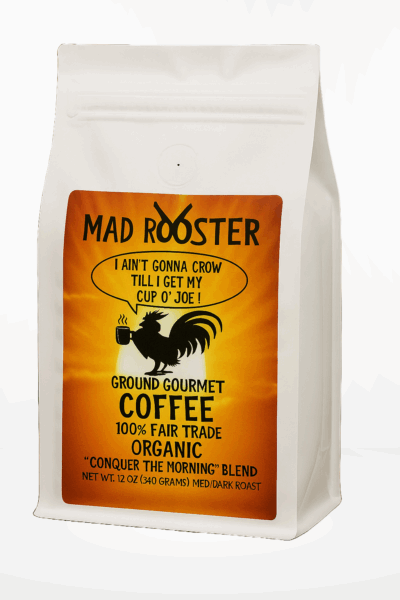
1. Stand out (don’t just compete)
When customers walk into your shop, they’re not just buying a beverage — they’re buying an experience, a vibe, and a brand. If your packaged coffee is generic or carries someone else’s label, you’re essentially giving away a piece of your identity.
By packaging coffee under your own brand (your logo, your story, your values), you solidify your presence in customers’ homes, pantries, and conversations. Every time they brew your beans, they see you — not some big-name roaster or a generic bag.
As Specialty Java puts it, “Your gourmet specialty coffee is now exclusively tied to your business!” specialtyjava.com
2. Build loyalty beyond the café
Many customers are spontaneous: they walk in, grab a latte, maybe buy a pastry, and leave. But packaging your coffee under your private label extends the customer relationship beyond those in-store moments.
-
Repeat exposure: A bag of coffee sits on a shelf at home for days/weeks. Each time they look at it, they’re reminded of you.
-
Word-of-mouth & social media: Your branded bag is Instagrammable. Friends see it; it becomes a conversation starter.
-
Subscription or reorders: When customers like your brew, they don’t have to hunt for “that roast I had at Jane’s Café” — they re-order directly from you.
3. Increase margins & control
With private label:
- You control markup: you’re not tied to someone else’s stock brand pricing or brand premium.
-
You can lean on economies of scale as your packaged coffee line grows.
4. Deepen your brand story & values
Coffee consumers care about quality, ethics, roast style, sustainability. When you package under your own label:
-
You can tell your story — what your philosophy is.
-
You can highlight certifications (organic, fair trade, bird-friendly) under your narrative, not someone else’s.
-
You can experiment with new offerings — all under your name.
5. Provide shelf presence & reach new channels
A well-designed bag catches attention. With your own label:
-
You can place your product in retail outlets, local grocers, or gift shops — carrying your brand outside your four walls.
-
You become more than a café — you also become a packaged product business.
-
You open up wholesale opportunities: offices, local businesses, co-working spaces, etc.
6. Mitigate risk & protect your business identity
If you rely on another roaster’s identity or labeling, you run risks: supply disruption, labeling constraints, or loss of control. But with your own label, the product is your brand. As Specialty Java warns, “when your private label coffee brand is tied to an exceptional underlying product, your business can’t easily be tumbled.” specialtyjava.com
Also consider this illustrative story from the “Bucking Starbucks” page: a coffee shop failed. A new operator came in, rebranded, switched to a Fair Trade/Organic private label, revamped quality — and succeeded where the prior one failed. specialtyjava.com That underscores that branding and product identity can make or break.
7. Execution tips: how to make your private label shine
-
Quality first: Your beans and roast must compete. A weak product undermines the brand. (Specialty Java emphasizes “focus on the highest quality to help differentiate your coffee shop.”) specialtyjava.com
-
Consistent branding: Use label templates, cohesive packaging design (colors, fonts, imagery) that align with your café interior, your tone, and your audience.
-
Tell a story: On your packaging, include origin info, roast profile, tasting notes, maybe a short founder or shop story.
- Packaging format & logistics: Choose bag types that match shelf life and quality needs. If a roaster offers free label packaging (as Specialty Java does) that can reduce upfront cost. specialtyjava.com
-
Marketing tie-ins: Promote your bag in the shop (feature a “bag display”), on your website, in social media. Offer bag-with-latte combos, bundle discounts, subscription plans.
-
Track & iterate: Monitor which blends sell, customer feedback, reorder rates. Use that data to refine.
Conclusion
When a coffee shop packages its own private label coffee, it transforms from just a place you visit into a brand that lives in homes, gift baskets, homes offices, and hearts. It’s not just a financial play — it’s a branding play and a relationship play. In a world saturated with big names on every corner, your own label is a statement: this is ours, this is different